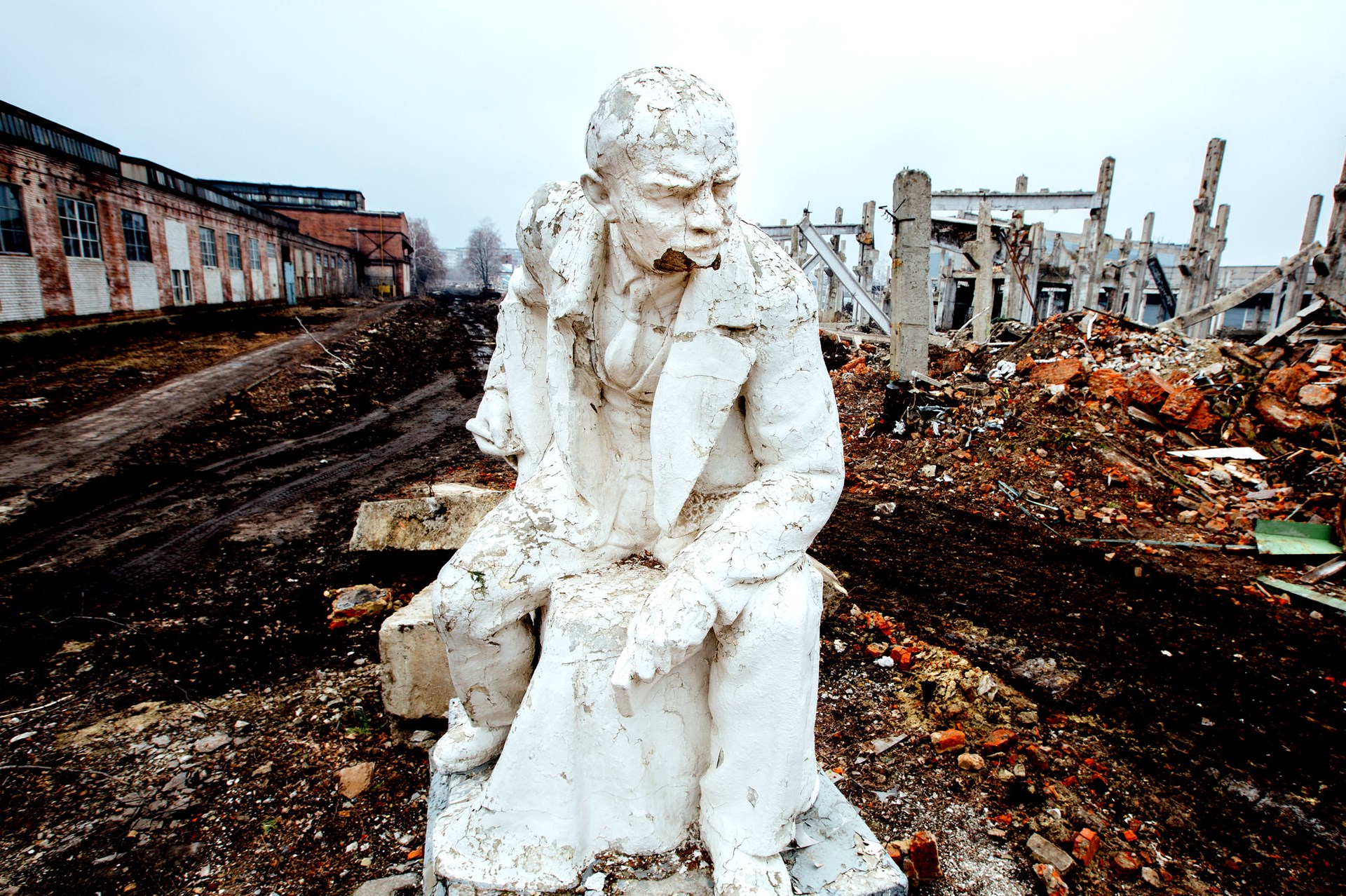«Political Economy of Postcommunist Transformation» Course: An Extended Review
Q&A with professor Andrey N. Shcherbak
.jpg)
We continue to tell about the courses of the ŌĆ£Comparative Politics of EurasiaŌĆØ Programme Study Plan. Today it is an obligatory courseŌĆÖs turn ŌĆō the ŌĆ£Political Economy of the Post-Communist TransformationŌĆØ. This course had been an elective last year, but caused an increased interest from students to be included into the main curriculum. The course author, professor Andrey Shcherbak, told us about the courseŌĆÖs content in details.
Dear professor Shcherbak, what is your course about?
This course explores the complex relations between political and economic transition in Russia and other post-communist countries in the last 40 years. In the 1980s, communist political leaders realized that the command system could no longer provide economic growth. Their response to this challenge was to launch economic reforms that in turn had a significant impact on the political system.
While in China economic opening and reform resulted in a period of prolonged economic growth, reforms in Russia led to a severe economic crisis with a 45% decrease in GDP between 1991 and 1998, before growth took off during the 2000s. Today, many post-communist countries stand again at a point where they have to re-think their underlying economic model. To understand where they are coming from, and where they might be headed, this course provides an in-depth discussion of the concept of economic growth in post-communist transition. What are the determinants of economic growth in both countries? What is the role played by politicians, economic advisors and business elites, the effect of shock therapy and gradualism, and the role of state institutions? How do privatization, corruption, the nature of state-business links and the availability of natural resources affect economic performance? After offering a short historical overview, we will discuss all of these topics in turn.

Tell us, please, about the courseŌĆÖs structure and lectures content.
The course is divided into several parts in a logical way. The introductive part concerns the study of the basics of the planned economy in USSR, economic reforms by Michael Gorbachev, followed by the economic crisis. What sort of economy did the socialist countries have, why did it go into crisis, what were the alternatives for the market reforms? Finally, what role did the political part of the economic reform debates itself play? We will try to discuss the reform alternatives, their perception (ŌĆ£chinese variantŌĆØ, ŌĆ£Chile variantŌĆØ) and how realistic they were. The central topic on this stage will be the two classical ways of reformation the ŌĆ£shock therapyŌĆØ and the ŌĆ£gradualismŌĆØ.
The second part of the course concerns the economic transformations of 1990s with the focus on the political contexts of the reforms. We are interested in privatization, institutions emerging, economic growth causes, the ŌĆ£resource curseŌĆØ concept and its applicability to the post-communist context. The third part of the course concerns the comparison between the transformation experiences of different post-communist countries, in particular Russia and China. The return of geopolitics to the political economy is serving as an additional perspective to draw a line after the post-communist transit. This will let us to discuss the effect of the Ukrainian crisis of 2014 on the economic development of Russia (including sanctions, counter-sanctions and economic strategy alteration).
The courseŌĆÖs genre is designed to be a ŌĆ£thick descriptionŌĆØ, which implies chronologically sonsistent narrative with some theoretical excursuses. ┬Ā
What will the seminars look like?
First, as the course is grounded on discussion of problems with no sole optimal solution, each student must take part in the discussions during seminars. There are different seminars templates: these are collective discussions on the teacherŌĆÖs question, individual oral presentations on the issues raised in the compulsory readings, and the work in small groups. StudentsŌĆÖ are assessed for the quality of their arguments and ability to analyze critically the problem.
What will the students learn during this course?
The courseŌĆÖs aim is to provide students with a grasp of the development of theory of economic transition and history of economic reforms in USSR, Russia and other post-communist states. The students will not only understand the reasons for diverse outcomes of economic reforms in the post-communist region, but will also have skills to think critically about recent developments in economic policy in Russia and post-communist region in general.

